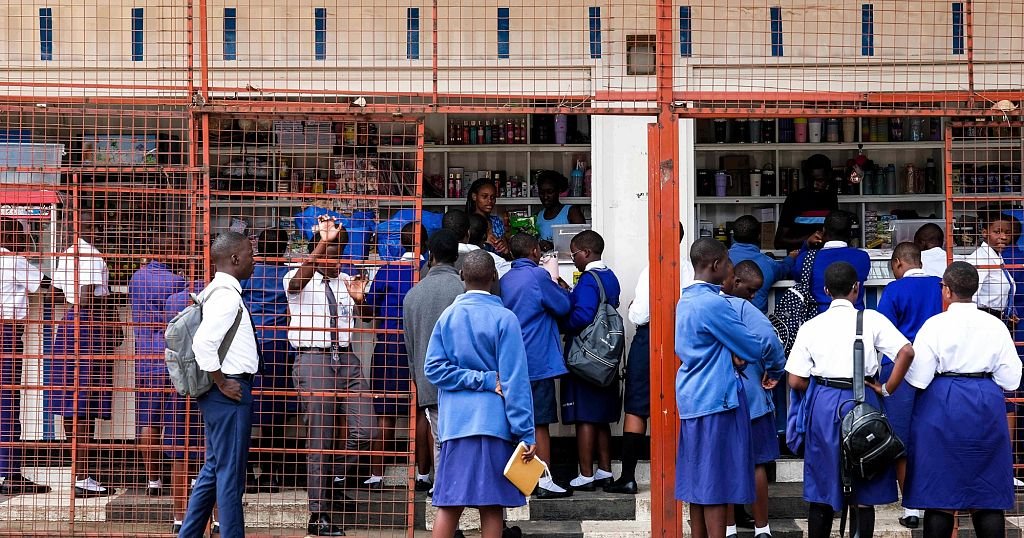Africa
Catholic Church urged to help more as education costs in Africa rise

Across Africa, Catholic schools like the Uganda Martyrs School in Kampala, have long been a pillar of affordable but high-quality education, especially for poor families.
Their appeal remains strong even with competition from other non-governmental investors now eying schools as enterprises for profit.
The growing trend toward privatisation is sparking concern that the Catholic Church may price out the people who need uplifting.
Schools run by the Catholic Church are not usually registered as profit-making entities, but those who run them say they would not be competitive if they operated merely as charities.
They say they face the same maintenance costs as others in the field and offer scholarships to exceptional students.
“A school like this one, it has several cost centres,” Vincent Ssegane, director of studies in charge of examinations at Uganda Martyrs school.
“Look at the wage bill, for the teachers, feeding the students, maintaining these infrastructures, it is enormous. So, I think that one explains that rise and, of course, like you are intimating, the rising cost of living and the hiking prices.”
“The rate of inflation has an impact, great impact on the cost of education because education is a service,” he added.
Tuition at the school was once as high as $800 but has since dropped to about $600 as enrolment doubled to nearly 5,000, according to the school’s deputy headmaster.
Across the region, the Catholic Church has built a reputation as a key provider of formal education in areas often underserved by the state.
Its schools are cherished by families of all means for their values, discipline, and academic success.
Richard Kizito, a metal worker in Kampala whose four children attend Catholic schools, said the emerging risk for traditional Catholic schools is that they will cater only for the rich.
“Formerly we used to not pay fees, especially when I was young,” he recalled, saying he remembered “going for free, receiving books for free, pens and pencils for free”.
But now, parents are being priced out and unable to put their children in Catholic schools, Kizito said.
“It is not because they don’t want, they want, but they cannot afford,” he said speaking about other parents.
“Because of the challenge of fees I cannot manage all the school fees for all my kids,” he added.
Kizito’s sentiment about the schools founded by the Catholic Church, known for their dedication to serving poor communities in Africa, mirrors wider complaints by others.
Many say the Church, as the largest non-governmental investor in education in sub-Saharan Africa, is not doing enough to ease the pressure faced by lots of families.
The growing trend towards privatisation is sparking concerns that it may be drifting from its mission and pricing poorer children out of its schools.
Costs are a main reasons why many children do not complete their schooling, with sub-Saharan Africa having the world’s highest dropout rate.
